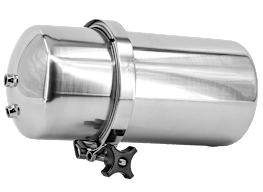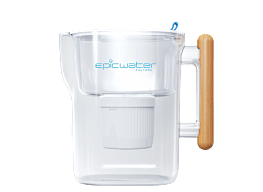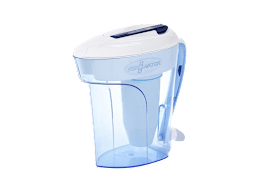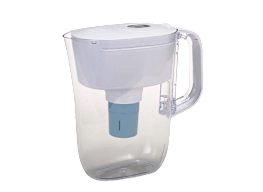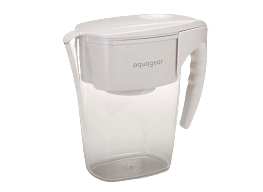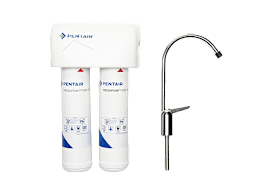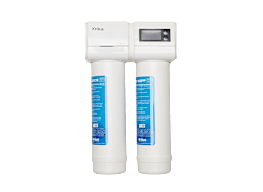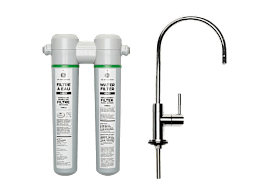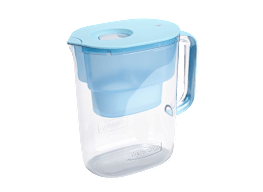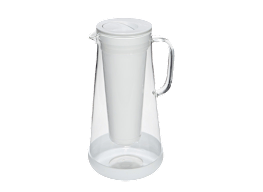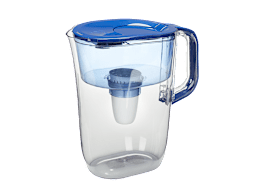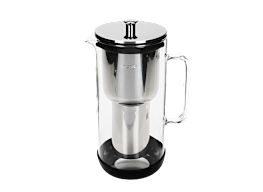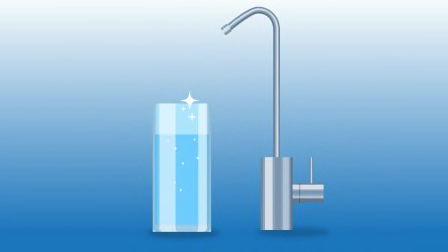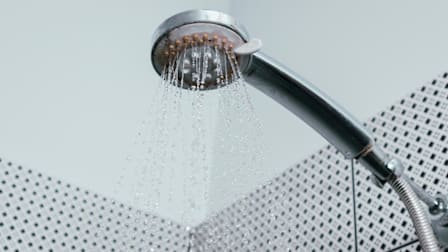Best Countertop Water Filters of 2026
Make space for cleaner tap water with these top-rated filters
When you shop through retailer links on our site, we may earn affiliate commissions. 100% of the fees we collect are used to support our nonprofit mission. Learn more.
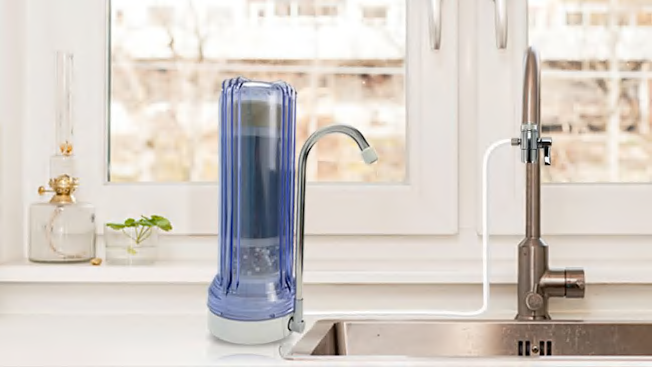
If the cost of bottled water (on your wallet and the environment) is too high for you, consider a countertop water filter. Like faucet-mounted models, countertop filters attach to your tap but divert your water through a small sink-side purifying device equipped with a spout. They typically cost more than faucet filters and filter pitchers because they offer a higher water filtering capacity and greater versatility in how they clean water.
Countertop filters are a good option for apartment dwellers or renters who might not have permission from their landlord to install a system that ties into the plumbing. Installation is usually easy: Remove the faucet aerator and screw the filter onto the faucet. Once installed, most can switch between filtered and unfiltered water, which can help your filter last longer. (For instance, if you’re washing dishes or watering plants, you may want to use unfiltered water. )
Best Countertop Water Filters
How Do Countertop Filters Work?
All of the countertop water filters we test use carbon filtration to clean tap water. These filters are lined with black granular activated carbon, which, like a magnet to metal, pulls solid and gas contaminants from the water and air that flows through it. Activated carbon-block technology is effective at filtering funky tastes and odors, chlorine, sediments, and sometimes even lead, solvents, and pesticides, according to the Centers for Disease Control and Prevention. Carbon-block filters are not effective at eliminating bacteria, however.
If you’re concerned about a particular contaminant in your tap water, get a Consumer Confidence Report from your water supplier, or, if you have a well, have your water tested. Then choose a filter that’s certified to remove whatever concerning substances those tests reveal. Don’t assume that all filters are the same or use the same technology. For example, according to the CDC, filters that remove chemicals don’t often effectively remove germs and vice versa.
How CR Tests Water Filters
We test a water filter’s flow rate by measuring how long it takes to filter one quart of water. We also give each filter a “clogging” score based on how much its flow rate slows down over the cartridge’s stated life. If a manufacturer claims that a filter meets accepted standards for removing specific contaminants, such as chlorine, lead, and PFAS, we verify those claims.
We also verify claims of flavor and odor reduction by spiking spring water with commonly found compounds that can make the water smell or taste like damp soil or metal, or like it’s from a sewage treatment plant or swimming pool. A trained panel of professional tasters evaluates how successful the filters are at removing those flavors and odors.
All countertop filters in our ratings effectively remove bad tastes and odors from tap water. But most top-rated models also deliver filtered water quickly and continue to do so without clogging over the lifespan of the filter cartridge.

